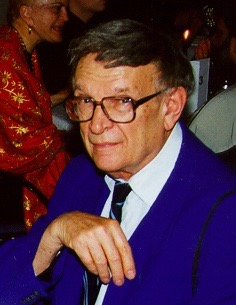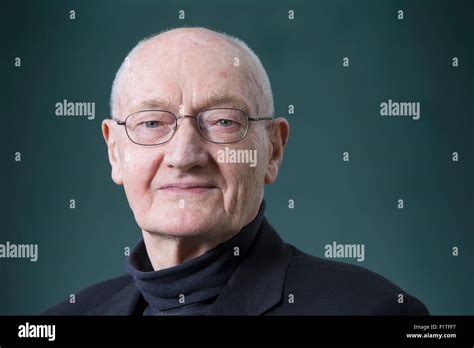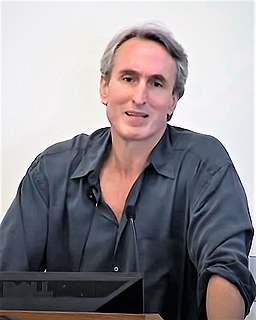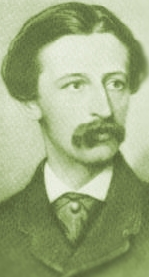A Quote by Lee Strobel
I think fundamentally, the question of whether or not Christianity makes sense - whether it withstands scrutiny, whether the evidence supports it or hurts it - always comes down to the Resurrection.
Related Quotes
I think the Resurrection continues to be a pivotal issue, a pivotal question for people. I think a lot of other issues have been raised in interim years, about the nature of truth, of course gender issues, issues involving social matters like abortion and euthanasia and so forth, those swirl about and change from time to time, but I think the fundamental question of whether or not Christianity is true ultimately goes back to the Resurrection.
Whether or not we have personality disturbances, whether or not we have the ability to overcome deficiencies of early environment, is like the answer to the question whether or not we shall be struck down by a dread disease: "it's all a matter of luck." It is important to keep this in mind, for people almost always forget it, with consequences in human intolerance and unnecessary suffering that are incalculable.
What sets science and the law apart from religion is that nothing is expected to be taken on faith. We're encouraged to ask whether the evidence actually supports what we're being told - or what we grew up believing - and we're allowed to ask whether we're hearing all the evidence or just some small prejudicial part of it. If our beliefs aren't supported by the evidence, then we're encouraged to alter our beliefs.
Wondering whether Christianity is real is not the same as wondering whether Christianity is true. If you question the truth of Christianity, you can do something tangible about it. You can read books, take a class, or talk to someone about it. But what can you do when you're already convinced it's true but don't experience it as real?
There is a fluency and an ease with which true mastery and expertise always expresses itself, whether it be in writing, whether it be in a mathematical proof, whether it be in a dance that you see on stage, really in every domain. But I think the question is, you know, where does that fluency and mastery come from?
The question before the human race is, Whether the God of nature shall govern the world by his own laws, or whether Priests and Kings shall rule it by fictitious Miracles? Or, in other words, whether authority is originally in the People? Or whether it has descended for 1800 Years in a succession of Popes and Bishops, or brought down from Heaven by the Holy Ghost in the form of a Dove, in a Phial of holy Oil?


































